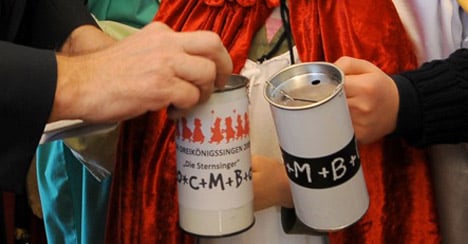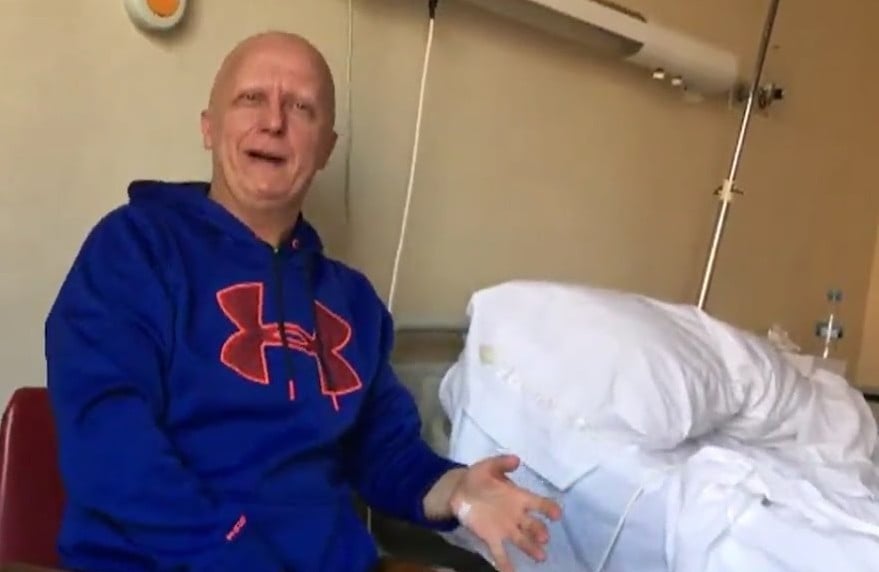A survey carried out by news agency DDP found that Germans have not given any less to charity in 2009, despite a tough economy. The United Nations children’s aid organisation UNICEF is expecting a similar level of donations to last year, according to the spokesman of its German branch Rudi Tarneden. “We’re not seeing a direct effect of the financial crisis,” he said.
UNICEF made €52 million from donations in 2008, plus another €16.4 million from the sale of greetings cards. Tarneden says that around 30 to 40 percent of Germans give to charity, and this proportion has not changed in the current year.
Doctors Without Borders spokeswoman Claudia Evers said the humanitarian-aid organisation was even expecting to exceed the €44 million that was donated in 2008.
Rainer Lang, spokesman for the Protestant charity Brot für die Welt (Bread for the World) agreed: “It’s a very positive signal for us as a Christian relief organisation that we can record an increase despite the financial crisis.” Lang said Brot für die Welt had received €1 million more by the end of November than it had in the first eleven months of 2008.
Spokeswoman for Catholic aid organisation Caritas International Christine Decker also said they were also expecting donations to stay at the same level as last year, but only after subtracting donations for the 2008 earthquake in China. There had not been any comparably “media-effective” disasters this year, Decker said.
But Simone Pott of the German aid organisation Welthungerhilfe (World Hunger Help) disagreed with her peers. Pott said that 2008 had been a particularly strong year for donations, and her charity was unlikely to exceed the €37.1 million it received then.
“The economic crisis arrived in 2009,” Pott explained. Donations from businesses had declined particularly, she said, predicting that Welthungerhilfe would finish 2009 with between €32 million and €34 million in donations.
Dawid D. Bartelt of human rights organisation Amnesty International told a similar story, saying that in comparison with the “very high” level achieved in 2008, this year would see a small decline. But Bartelt added that this had been expected and was not causing the organisation special concern.



 Please whitelist us to continue reading.
Please whitelist us to continue reading.
Member comments